The heatwave seemed to have broken just in time for the cricket and a chill wind gusted up Edgbaston Road as fans arrived before the start of day one of the second Test. This befuddled many and those arriving displayed no consensus over whether it was a day for shorts, jumpers, shorts and a jumper, or – perhaps the obvious solution – all-over cow-print bodysuits and some kind of homemade udder.
It took a while for those morning clouds to lift, just about long enough for Ben Stokes to declare at the toss that these were excellent conditions for bowling, but not long enough for England to benefit from them.
As the teams lined up, the stadium announcer informed the crowd that there would be “a moment of appreciation of silence” in memory of Wayne Larkins, the former England batter who died last week at the age of 71, at which point everybody started clapping. The announcer eventually stopped them by saying “thank you”, rather than what he must have been thinking, which would have been something like: “Why don’t you try listening more carefully and we’ll have another go.”
Larkins played 13 Tests, but never one here, despite being unexpectedly called up to play the third and final game against India in 1986 – a call described at the time by the Guardian’s Matthew Engel as “on the face of it a crazy choice”. Larkins had started that summer by sustaining a serious injury playing football and continued by averaging a meagre 7.16 in the six first-class innings between his return and his international selection.
His elevation would not mark a change of fortune: another injury sustained on the eve of the match forced him to pull out and gave Kent’s Mark Benson, who a year earlier had been mulling retirement after being diagnosed with osteoarthritis, his only cap as the third of Graham Gooch’s five opening partners that year.
That game ended in a draw, historic in that it remains the only one of India’s eight Tests here they did not lose. There is no ground where they have struggled as badly as this. Though, as Shubman Gill pointed out, there is no reason why any of that should make any difference. That drawn game started 39 years ago on Thursday, when nobody in either of these teams was any more than a glint in their father’s eye.
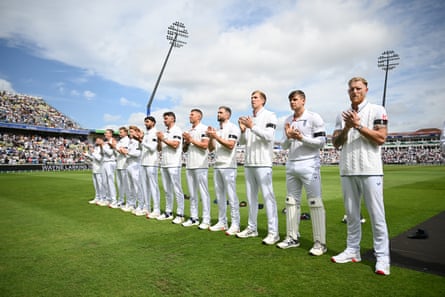
On a tangentially related note, play was delayed by a glint in Yashasvi Jaiswal’s eye, as the sun reflected unhelpfully off a window in the Raglan Stand, leading to the start being stopped because the opener wanted its closure. By the end of the first over, as Jaiswal misjudged a Chris Woakes delivery and slashed at clean air, the residents of the Hollies Stand had managed to indicate with a single, simple and surprisingly loud “ooh” that they were up for this.
The ground seemed ready for them: under that stand are two bars, perhaps 50m apart, one called the Eric Hollies Bar and the other, not hugely helpfully, also called the Eric Hollies Bar – there is definitely an opportunity for more creative naming of stuff here – and by 11am 53 members of staff were working, bolstered by lunch with a handful more.
after newsletter promotion
There was, as a result, no significant queueing at any stage, even during the lunchtime peak, evidence of competence, rigorous planning and care for the fans’ matchday experience (if not, to judge by attempts to push a £9 “beer bundle” of a pint, a packet of crisps and a chocolate bar, their long-term good health).
If only meals could be prepared as swiftly as pints. After losing the toss Gill explained his extremely conservative team selection – the decision not to pick Jasprit Bumrah was described as “very hard to believe” by Ravi Shastri – by observing that “this year has been a year of chaos”. For many of those stuck in cramped queues the lunch interval must have felt about as long and scarcely less shambolic.
They at least had an impressive range of meals to choose from, with the ground ringed by stalls including The Bar by Fordhall Farm, Fordhall Farm BBQ, Hog Roast by Fordhall Farm, Fordhall Farm Grill and Fordhall Beer & Samosas, as well as Fordhall Farm woodfired pizzas, coffees, “dirty chicken” and donuts (for those unfamiliar with the concept of dirty chicken, according to Google it “can refer to two main things: raw chicken contaminated with bacteria like salmonella or campylobacter, or a specific style of heavily seasoned fried chicken”).
Fordhall Farm is a family-led firm of producers and caterers that has been feeding fans here since 2015, initially on a much smaller scale, and signed a new long-term contract this year. And so another beloved institution falls into the hands of Big Farmer, though at least this one is organic.

 1 day ago
3
1 day ago
3


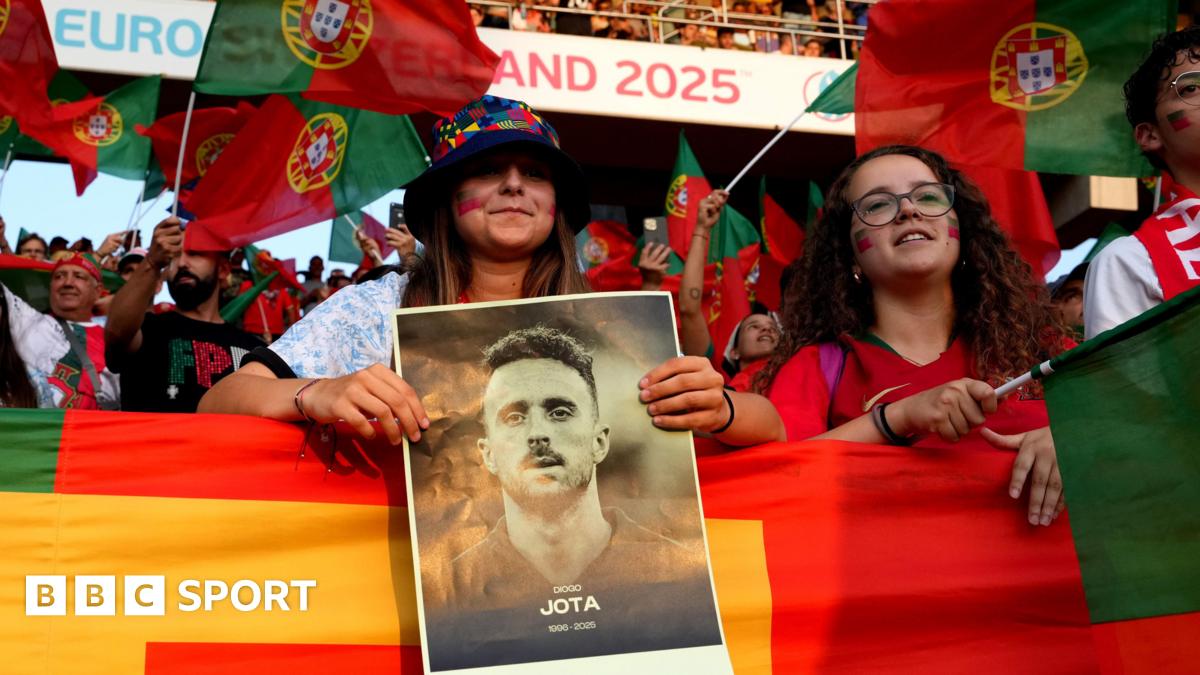
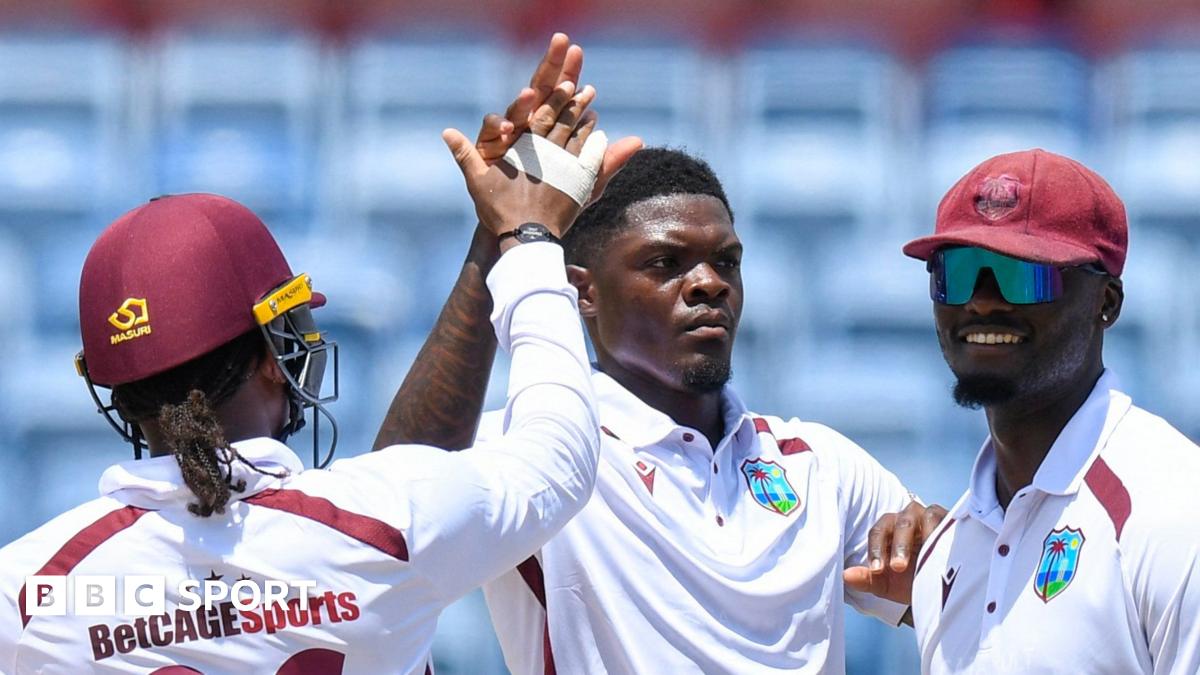

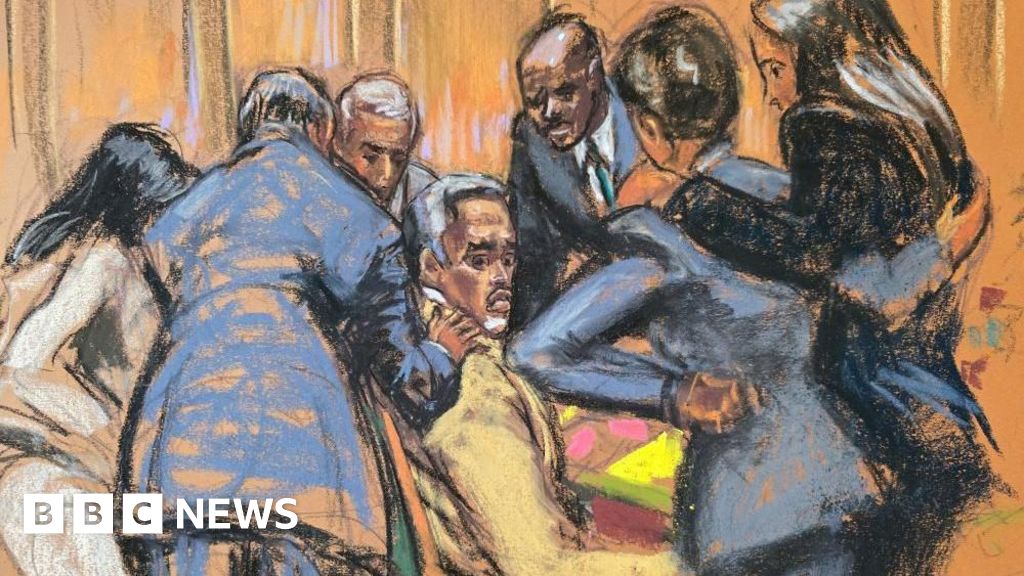
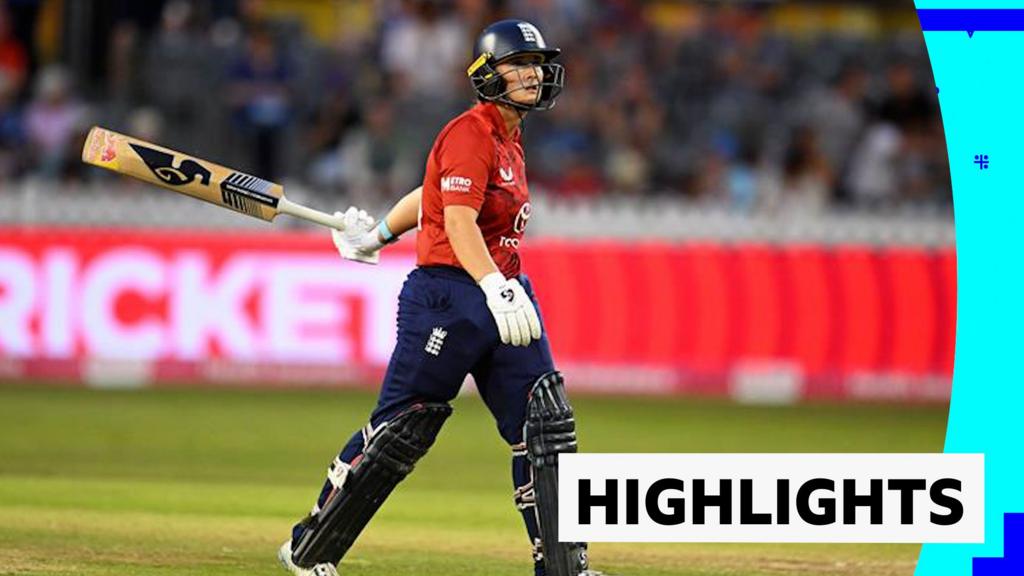



 English (US)
English (US)